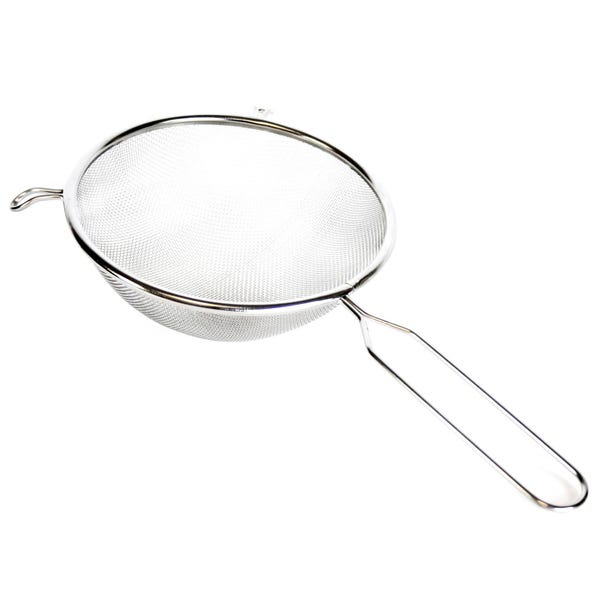So now your claim is we shouldn't bother with masks because some people don't wear them correctly?Did you read the part where it says "When used alone, masks can give you a false feeling of protection and can even be a source of infection when not used correctly".
That science still applies to today
p.s. that goes for your N95 as well as they need to be fitted properly









